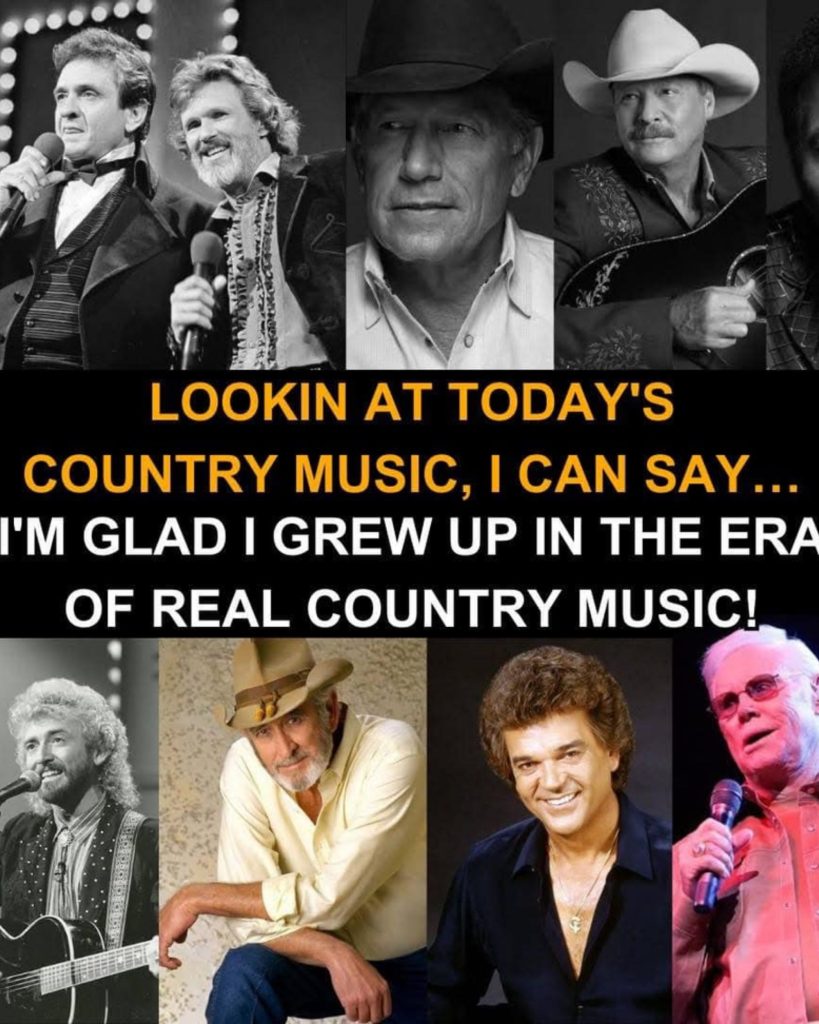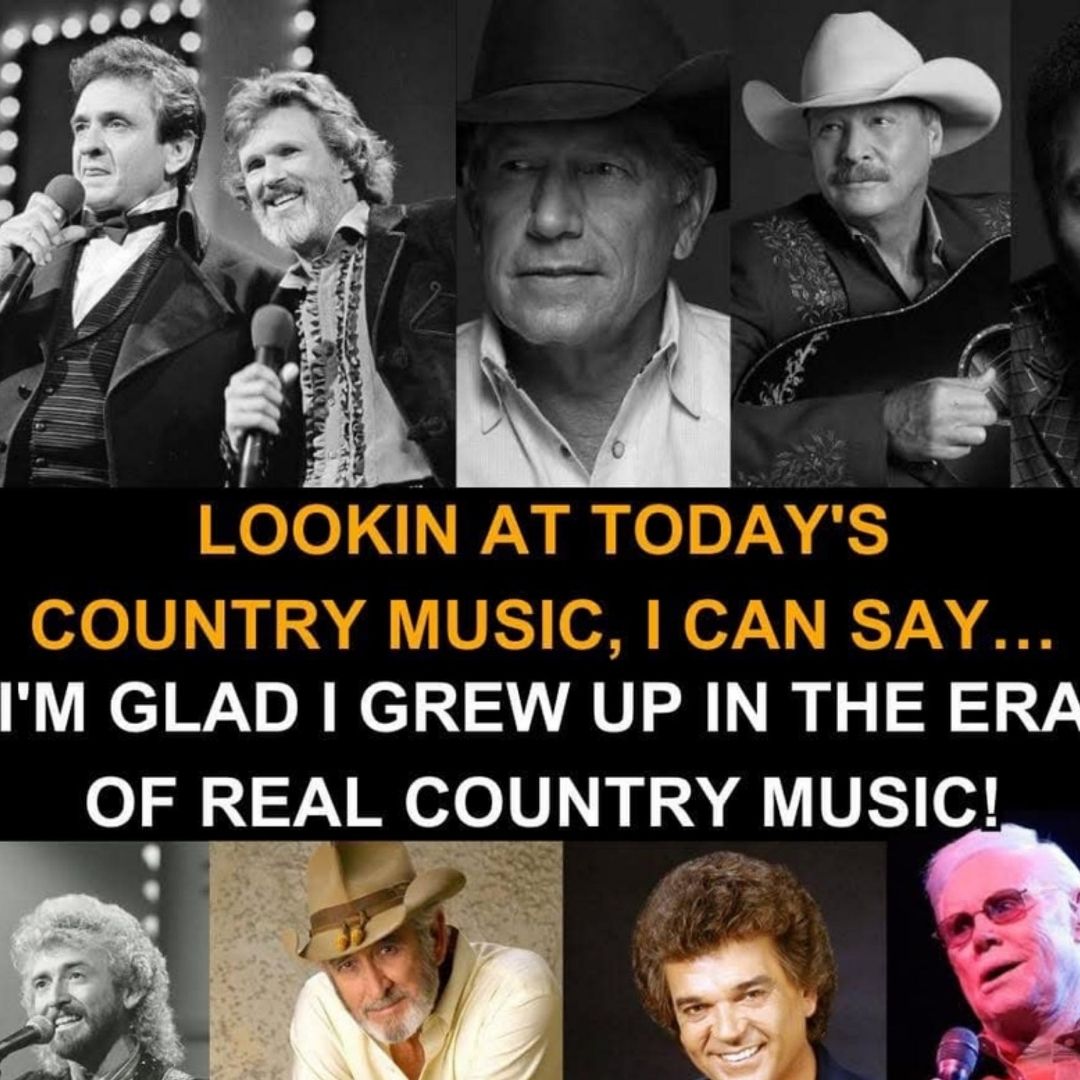
Introduction
Growing up in a small town where the radio was always tuned to the local country station, I vividly remember the first time I heard “Murder on Music Row.” It was 1999, and George Strait and Alan Jackson’s soulful duet at the Country Music Association Awards stopped me in my tracks. The song’s raw honesty about the changing tides of country music felt like a conversation I’d overheard at the local diner—folks lamenting the loss of something sacred. That moment hooked me, not just as a listener but as someone who felt the weight of tradition slipping away.
About The Composition
- Title: Murder on Music Row
- Composers: Larry Cordle and Larry Shell
- Premiere Date: 1999 (recorded by Larry Cordle & Lonesome Standard Time; popularized by George Strait and Alan Jackson at the 1999 CMA Awards)
- Album/Opus/Collection: Originally the title track of Larry Cordle & Lonesome Standard Time’s 1999 album Murder on Music Row; later included on George Strait’s 2000 compilation Latest Greatest Straitest Hits
- Genre: Country (Bluegrass and Traditional Country)
Background
“Murder on Music Row,” written by Larry Cordle and Larry Shell in 1999, emerged as a poignant critique of the growing influence of pop in country music. According to the song’s Wikipedia entry, it was first recorded by Cordle’s bluegrass group, Larry Cordle & Lonesome Standard Time, as the title track of their 1999 album. The song gained widespread fame after George Strait and Alan Jackson performed it at the 1999 CMA Awards, a bold statement against the industry’s shift toward crossover pop acts. Set against the backdrop of Nashville’s Music Row, the epicenter of country music, the song metaphorically likens the erosion of traditional country sounds to a crime scene. Its inspiration stemmed from Cordle and Shell’s frustration with the marginalization of steel guitars, fiddles, and the storytelling ethos that defined the genre, as pop-infused hits dominated radio airwaves. Initially, the song was a niche bluegrass track, but Strait and Jackson’s performance catapulted it into a traditionalist anthem, earning the 2000 CMA Vocal Event of the Year and the original version the 2000 International Bluegrass Music Awards Song of the Year. Within Cordle’s repertoire, it stands as a career-defining work, while for Strait and Jackson, it reinforced their roles as guardians of country’s roots.
Musical Style
“Murder on Music Row” is a masterclass in traditional country simplicity, blending bluegrass and honky-tonk elements. The song follows a classic verse-chorus structure, driven by acoustic guitars, a steady drumbeat, and the mournful wail of a steel guitar—precisely the instruments it defends. In the Strait-Jackson version, their baritone harmonies intertwine seamlessly, evoking the duet style of country legends like George Jones and Merle Haggard. The arrangement is deliberately sparse, allowing the lyrics to take center stage. Cordle’s original bluegrass rendition leans heavier on banjo and fiddle, giving it a raw, rootsy edge. The song’s moderate tempo and minor chord progressions create a somber, reflective mood, amplifying its elegiac tone. These elements combine to deliver a gut-punch of nostalgia, making the listener feel the loss of tradition as viscerally as the song describes.
Lyrics/Libretto
The lyrics of “Murder on Music Row” are its heartbeat, weaving a narrative of betrayal and loss. Lines like “The steel guitars no longer cry / And fiddles barely play / But drums and rock and roll guitars / Are mixed up in your face” paint a vivid picture of traditional country’s demise, replaced by slick, pop-driven production. The song names Hank Williams (“Old Hank”), Merle Haggard (“The Hag”), and George Jones (“The Possum”) as icons who “wouldn’t stand a chance on today’s radio,” grounding its critique in reverence for the genre’s pioneers. The central metaphor—“an awful murder down on Music Row”—casts the industry’s commercialization as a crime, with “the almighty dollar” as the culprit. The lyrics balance anger and sorrow, lamenting not just the music but the cultural erosion it represents. This storytelling aligns with the music’s stripped-down authenticity, creating a cohesive lament that resonates with purists.
Performance History
The song’s defining moment came at the 1999 CMA Awards, where Strait and Jackson’s live performance electrified audiences, sparking conversations about country’s direction. Though never officially released as a single, their studio version reached number 38 on the Billboard Hot Country Songs chart due to unsolicited airplay, a testament to its grassroots appeal. Notable covers include a 2010 duet by Dierks Bentley and George Jones, which bridged generations of traditionalists. Over time, the song has been embraced at country music festivals and by bluegrass ensembles, cementing its status as a standard for those championing the genre’s roots. Its performance history reflects its role as a rallying cry, often revived during debates about country’s authenticity.
Cultural Impact
“Murder on Music Row” transcended its origins to become a cultural touchstone for traditional country fans. Its title inspired discussions about a real 1989 murder on Music Row—the killing of Cashbox Magazine employee Kevin Hughes, tied to industry corruption—though the song itself is unrelated. The song’s critique of commercialization resonates beyond country, echoing in genres like rock and folk where purists battle mainstream trends. It has been referenced in music journalism, documentaries, and even academic studies of Nashville’s evolution, highlighting tensions between art and commerce. Its influence extends to modern artists like Chris Stapleton and Sturgill Simpson, who carry the torch for traditional sounds, indirectly owing a debt to the song’s bold stance.
Legacy
More than two decades later, “Murder on Music Row” remains a powerful reminder of country music’s soul. Its relevance endures as debates about genre purity persist, with new artists either embracing or challenging the pop-country divide. The song’s legacy lies in its ability to articulate a universal fear: the loss of cultural heritage to fleeting trends. For performers, it’s a call to honor tradition; for audiences, it’s a bittersweet reflection on change. Its enduring popularity at live shows and on streaming platforms proves that the heart of traditional country still beats strong.
Conclusion
“Murder on Music Row” is more than a song—it’s a love letter to a fading era and a challenge to preserve what matters. Its raw emotion and unapologetic stance make it a must-listen for anyone who values authenticity in music. I find myself returning to Strait and Jackson’s version when I need a reminder of why I fell in love with country music. I recommend exploring the original Larry Cordle recording for its bluegrass grit or the CMA Awards performance for its historical weight. Dive into this song, and let it spark your own reflections on tradition, change, and the music that moves you.
Video
Lyrics
Nobody saw him runnin’ from 16th avenue
They never found the fingerprint or the weapon that was used
But someone killed country music, cut out its heart and soul
They got away with murder down on Music Row
The almighty dollar and the lust for worldwide fame
Slowly killed tradition, and for that someone should hang (oh, you tell them, Alan)
They all say “Not guilty” but the evidence will show
That murder was committed down on Music Row
For the steel guitars no longer cry, and the fiddles barely play
But drums and rock ‘n’ roll guitars are mixed up in your face
Ol’ Hank wouldn’t have a chance on today’s radio
Since they committed murder down on Music Row
They thought no one would miss it, once it was dead and gone
They said no one would buy them ol’
Drinkin’ and cheatin’ songs (I’ll still buy ’em)
Well, there ain’t no justice in it, and the hard facts are cold
Murder’s been committed down on Music Row
Oh, the steel guitars no longer cry, and you can’t hear fiddles play
With drums and rock ‘n roll guitars mixed right up in your face
Why, the Hag, he wouldn’t have a chance on today’s radio
Since they committed murder down on Music Row
Why, they even tell the Possum to pack up and go back home
There’s been an awful murder down on Music Row
